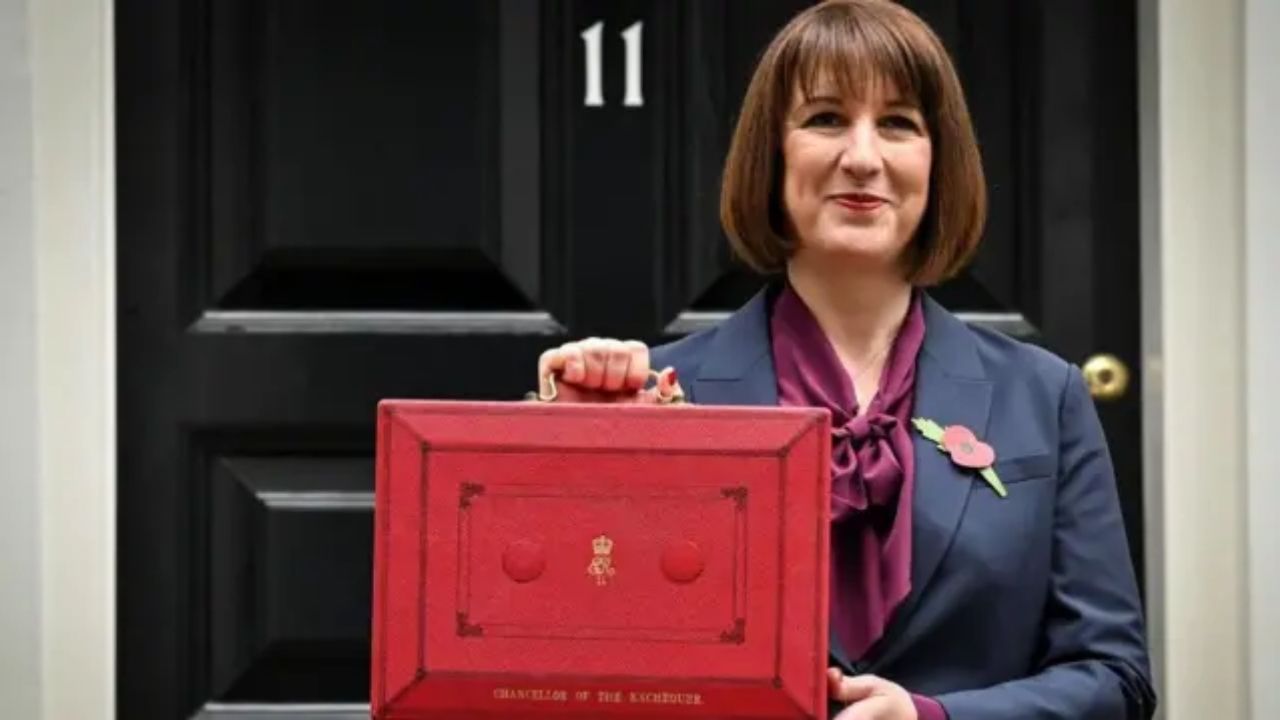Thousands of professional lorry drivers across the United Kingdom must now pay an estimated £601 in mandatory fees and training to legally continue their work. These significant Driver CPC costs, required for the five-yearly renewal of the Certificate of Professional Competence, are raising concerns within the haulage industry about their impact on driver retention and recruitment.

UK Workers in This Profession Must Now Pay £601
| Component | Estimated Cost | Details |
| Periodic Training | £250 – £500 | 35 hours of mandatory training required every 5 years. Costs vary by provider. |
| Medical Exam & D4 Form | £50 – £120 | Required for drivers over 45 to renew their HGV licence. |
| Digital Tachograph Card | £32 | Fee for renewing the card used to record driving hours. (GOV.UK) |
| DQC Card Issuance | £25 | Fee for the new Driver Qualification Card upon training completion. |
| Total Estimated Cost | ~ £601 | Represents a typical total, subject to variation. |
The Breakdown of the £601 Renewal Fee
The total cost facing drivers is not a single government fee but a combination of essential, non-negotiable expenses. The Driver Certificate of Professional Competence (CPC) is a legal requirement for most professional drivers of lorries, buses, and coaches, established to maintain high driving standards across Europe.
Mandatory HGV Driver Training
The most substantial portion of the expense comes from the 35 hours of periodic training that every driver must complete over a five-year cycle. According to the Driver and Vehicle Standards Agency (DVSA), this training must be taken with approved course providers. The cost of these courses is not regulated and can range from £250 to over £500, depending on the location and provider.
Industry experts note that while some employers cover these costs, many self-employed drivers or those working for smaller firms must pay out-of-pocket. “For an owner-operator, this is a significant business expense that comes at a time when fuel and operating costs are already soaring,” said a spokesperson for the Road Haulage Association (RHA).
Medical and Administrative Fees
In addition to training, drivers must cover several administrative fees. A new digital tachograph card, which records driving times and rest periods, costs £32 to renew. Upon completing their 35 hours of training, the DVSA charges £25 to issue the new Driver Qualification Card (DQC) that proves compliance.
Furthermore, drivers over the age of 45 must undergo a medical examination with a doctor to complete a D4 form every five years. The cost for this examination can vary from £50 to more than £120. This is a crucial step for renewing the vocational entitlement on their driving licence.
UK Households to Receive Cost of Living Support: What to Expect in 2025 Winter
NALCO Doubles Down on Odisha and UK in Game-Changing Move, Facing U.S. Pressure
Impact on the UK’s Lorry Driver Shortage
The timing of these renewal costs is critical, as the UK continues to grapple with a persistent lorry driver shortage. Industry bodies have warned that significant out-of-pocket expenses could push experienced drivers towards retirement and deter new people from entering the profession.
A recent report from Logistics UK, a leading industry group, highlighted that the average age of an HGV driver in the UK is 55. “When an older driver is weighing their options, a bill for over £600 can be the final factor that pushes them to leave the industry,” the report stated. This exacerbates the challenge of replacing an ageing workforce.
The RHA has repeatedly called on the government to provide more support for HGV driver training and reduce the financial barriers to entry and retention. They argue that while maintaining high safety standards is paramount, the current cost structure places an undue burden on individual drivers.
The final paragraph of the main body, serving as the “conclusion,” will go here. It should be the least critical information, perhaps looking forward. For example: The Department for Transport has acknowledged the challenges, stating it continues to work with the industry on recruitment initiatives and skills bootcamps. However, as the next cycle of CPC renewals approaches for thousands more drivers, the immediate financial pressure remains a key point of contention.





